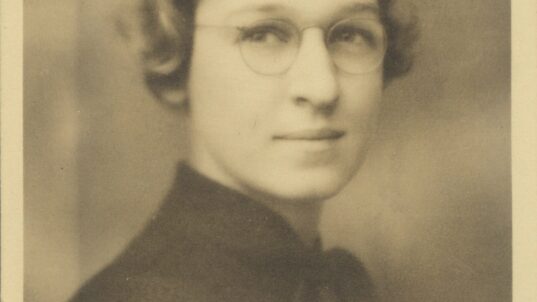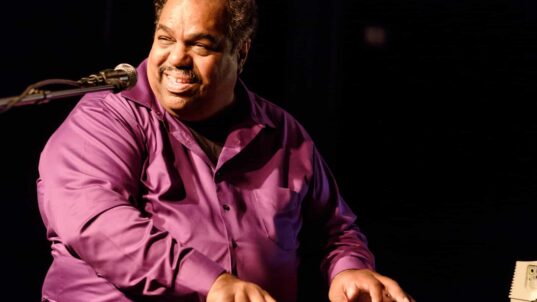–Matt Martin, Wesleyan College
 I have to admit to feeling trepidation as I prepared to teach African American literature this spring. Though it is a course I have taught many times in my twenty one years at Wesleyan, recent events, on campus and nation-wide, have pointed out the difficulty and potential pitfalls of a white man teaching a class on this topic now. An additional layer of complexity as I approached this course was that I had changed its general education category so that it is now a speaking competency class. In thinking about meeting these challenges, I hit upon the idea of making the course’s theme “the quest for voice”—a theme I thought made sense for a speaking intensive course that also tied into the historical African American quest for authentic and authoritative voice and that de-centered the classroom in a way that would both promote collaborative learning and make clear that student voices and experiences were crucial to the learning in the class.
I have to admit to feeling trepidation as I prepared to teach African American literature this spring. Though it is a course I have taught many times in my twenty one years at Wesleyan, recent events, on campus and nation-wide, have pointed out the difficulty and potential pitfalls of a white man teaching a class on this topic now. An additional layer of complexity as I approached this course was that I had changed its general education category so that it is now a speaking competency class. In thinking about meeting these challenges, I hit upon the idea of making the course’s theme “the quest for voice”—a theme I thought made sense for a speaking intensive course that also tied into the historical African American quest for authentic and authoritative voice and that de-centered the classroom in a way that would both promote collaborative learning and make clear that student voices and experiences were crucial to the learning in the class.
The Course
Wesleyan students all experience what we call “IF discussions,” or student-facilitated discussions, as part of their WISe 101 first-year seminar. For this class I basically used the same structure with a few modifications. The course met for 75 minutes on Tuesdays and Thursdays. The rhythm of the course was that on Tuesdays we would have class discussion led by me and on Thursdays I would start class with a mini-lecture on a topic related to African American culture (such as African American stereotypes), then students would have an approximately 35-minute student-facilitated discussion, followed by a class debriefing. Students worked in two groups (of eight and seven students) that stayed the same for the whole semester; students self-selected when they would facilitate; each student facilitated about once by herself and once with a classmate.
Facilitators choose the text the student-facilitated discussion would focus on from two anthologies class members bought—The Vintage Book of African American Poetry, and The Best African American Fiction of 2010. Each facilitator prepared a fact sheet on the work that included contextual information about the work, analysis of specific passages, and discussion questions, which they shared with me and their groups. Facilitators for the week met with me to go over their fact sheets and to discuss their plans for facilitating. I made comments on a facilitation rubric during these pre-meetings and during the discussion, and shared those comments with facilitators one-on-one in post-facilitation meetings. Each student-facilitated discussion stood on its own, but groups also knew that at the end of the semester they would do a group presentation for the class on a theme from African American literature supported by quotations from the course readings.
Observations and Lessons Learned
On the plus side, the discussions in class have been very positive and honest, focused on the course texts but ranging into cultural issues from the presidential campaign to campus sensitivity issues. Students genuinely seemed to enjoy their discussions both as a whole class and in their student-facilitated discussions. On the improvement side, the quality of the student-facilitated was lacking. I needed to include more of the rigorous infrastructure that we had in the first-year seminar to help students follow through with their facilitation.
What I plan to do next time is to up the logistical ante to make sure students are better prepared to facilitate. Specific plans:
- Make students sign up for all the works they will facilitate on and the dates to have a clear way to hold them responsible
- Radically re-work the fact sheet assignment to make it more of a plan for facilitation
- Make those plans a clear part of the facilitation grade
- Make clear penalties for failures in preparation
This class has been just the latest iteration of my work with IF that stretches back to the summer institute I attended in Madison in 2009. My work with IF has definitely made me more inclusive and engaging of students, in short a better teacher. I do think the idea of using an African American literature class to teach speaking skills is a good one, and that student-facilitated discussions are a great way to teach those skills and to promote engaged learning about that literature.
Matt Martin is Dean of Faculty, Professor of English, and Knox Professor of Humanities at Wesleyan College.



